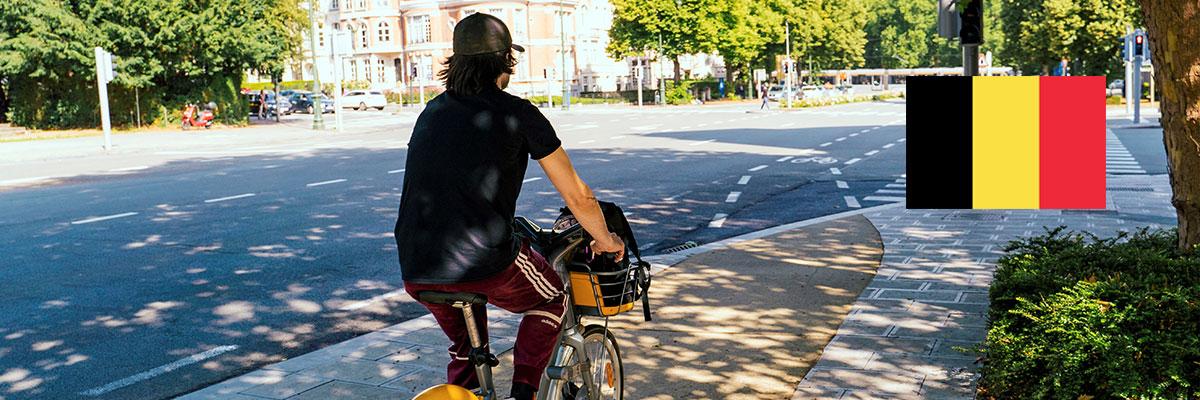- Funding Programme
- Year
- 2020
Developing Innovative Mobility Solutions in the Brussels-Capital Region
The European Commission has supported the Brussels Capital Region in developing a regulatory framework for Mobility as a Service (MaaS). The project was implemented with the support of the International Transport Forum at the OECD. The Region has recently established “Good Move”, a sustainable urban mobility plan to address congestion and pollution. Developing shared mobility, integrated with public transport, is a key part of the strategy. Its success will also depend on establishment of an efficient MaaS system under an effective regulatory framework.
This project is not just important for the Brussels capital region, but also for the rest of the country, and for Europe as a whole. The European Climate Law makes legally binding the EU’s objective of becoming climate neutral by 2050. Transport is an integral part of the European Green Deal, with its goal of a 90% cut in emissions by 2050, delivered by a smart, competitive, safe, accessible, digital and affordable transport system. To support this target, the European Commission has presented in December the Sustainable and Smart Mobility Strategy. It offers a strategic vision and action plan for the green and digital transition of the EU transport system.
Context
Despite the ongoing efforts of the Brussels-Capital Region to optimise the public transport, the increasing offer of shared mobility, the results of current and present active mobility policies (13% yearly growth of bicycle modal share since 2000), there is still room for improvement. The current mobility situation highlights an increase in congestion; 38% of average travel time extension compared to a smooth traffic situation; 55% of households possess at least one car and the motorization rate is at 414 cars/1000 inhabitants (2017).
It is estimated that, by reducing congestion and improving public transport efficiency, Belgium could save up to 2.3 billion euros, of which 1.3 billion euros are due to time gains of remaining road users.
In view of the above Brussels Mobility started and is currently finalizing a new sustainable urban mobility plan (SUMP) called Good Move. Good Move is the first SUMP co-created with all relevant stakeholders (public, private, academic & associative sectors, as well as citizens). Among the 50 concrete actions planned in Good Move to materialize the mobility vision, four of them are related to shared & combined mobility and MaaS.
Support delivered
The Commission provided support to the Brussels-Capital Region to:
- Define the regulatory framework for the MaaS;
- Define key policies in this framework with regards to data protection, data ownership and data flow;
- Reflect the organisation changes that would be required to introduce a certain level of flexibility in the administration;
- Develop an innovative communication strategy.
Results achieved
The support provided will lead to the establishment of an efficient and resilient regulatory framework for a future MaaS. This will ensure effective integration of transport services, non-discriminatory access for operators to the data management platform and long-term financial sustainability for the services provided. This will make a significant contribution to the development of a sustainable mobility system for the region over the longer term.
In the long run, the project is expected to contribute to the development of a multimodal traffic management centre to optimise mobility flows; a forward-looking administration looking for innovative mobility solutions; innovative campaigns to inform, educate and change mobility behaviour and reduce use of private cars; as well as to the reduction of congestion and greenhouse gas emissions.
Project in the spotlight
Find out more about the project on the International Transport Forum at the OECD website.
Video produced by International Transport Forum (ITF).
More about the project
You can find the final report here:

